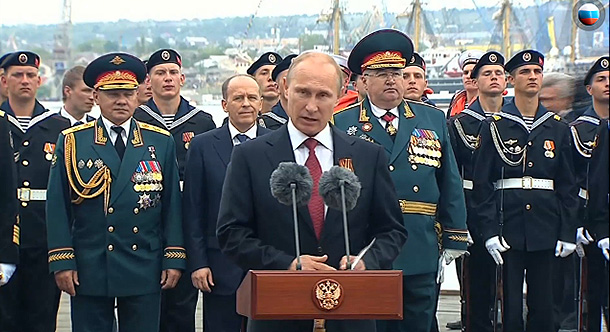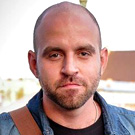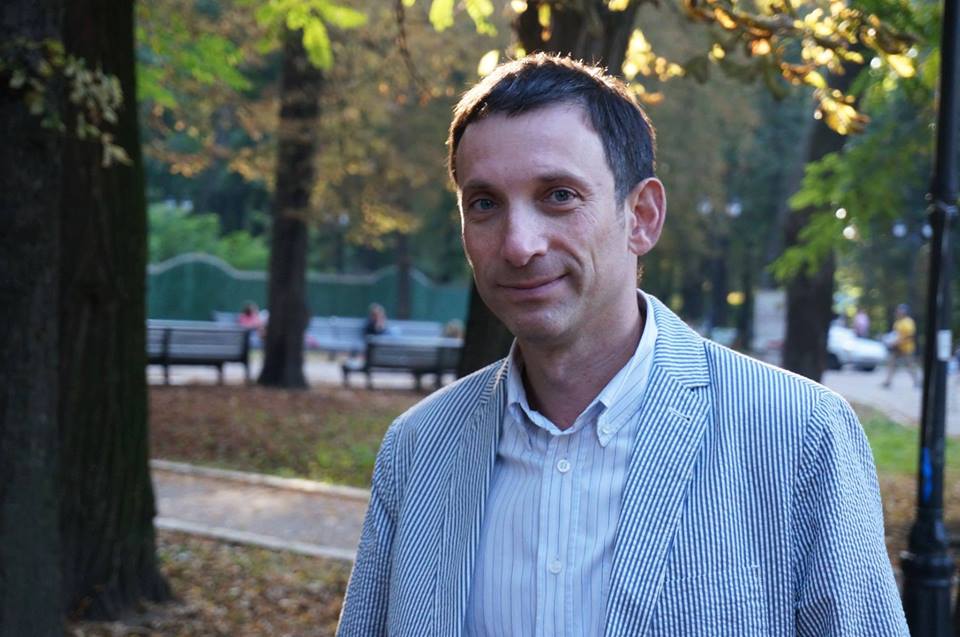Many commentators have pointed out that Stalin was the greatest state builder in Ukrainian history because he added more territory to Ukraine than anyone else and that Vladimir Putin is the greatest nation builder in Ukraine’s history because his aggression that started with the anschluss of Crimea unified Ukrainians into a modern nation like no one else.
But RFE/RL commentator Pavlo Kazarin takes this argument to a new level in an essay which argues that Putin’s Anschluss of Crimea
was “a good thing” for Ukraine because it created conditions for the development of country and most important convinced everyone that they could not live in the old way.
Until 2010, the commentator says, “Ukraine lived according to the rules of a corrupt corporate state.” That was true under Leonid Kuchma and under Viktor Yushchenko, and Viktor Yanukovych only changed this state by transforming it into a criminal one. He destroyed the old arrangements and that means his presidency was “a state of degradation.”
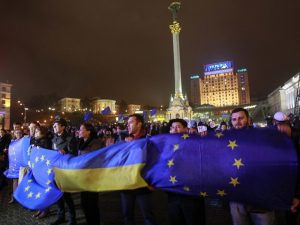
As a result, Yanukovych provoked the Maidan which ultimately overthrew him. But those who came in immediately after were all part of the old system and would almost certainly have gone back to the old ways of doing business, although perhaps without the criminal overlay of Yanukovych’s regime.
Those who expected otherwise, Kazarin says, were dreaming of something impossible. Those who came in just after the Maidan were all too like those they replaced, and they were prepared to do business in the old way because to do otherwise, to engage in real reforms, was something “outside their comfort zone.”
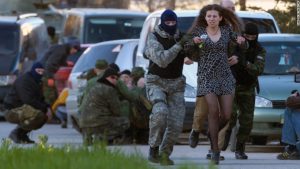
The military were the first to understand that, but they were soon followed by the diplomats who had to deal with Russian representatives. They recognized what they could no longer be. As a result, Kazarin says, “the only choice which stands before Ukraine today is not whether the supporters of the former arrangements or those of the new will win.”
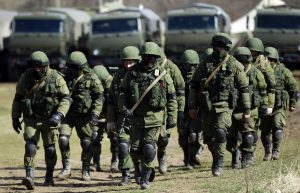
Thus, “the annexation of the peninsula became at one and the same time a curse and a blessing for Ukraine,” a curse because it opened the way to the bloodbath in the Donbas but a blessing because it dispelled the illusions of the Ukrainian political nation” about what they faced in Putin’s Kremlin.
Related:
- Seven reasons why Putin's war in Ukraine is a turning point in Russian and world history
- Chronology of the annexation of Crimea
- A timeline of the Euromaidan revolution
- Meet Maxim Nefyodov: how Ukrainian geeks tackle corruption in public procurement
- Why Ukrainian corruption is not a reason to lift sanctions on Russia
- The successes and downfalls of Ukraine's war against corruption
- Judicial reform in Ukraine. What to expect from it | #UAreforms

